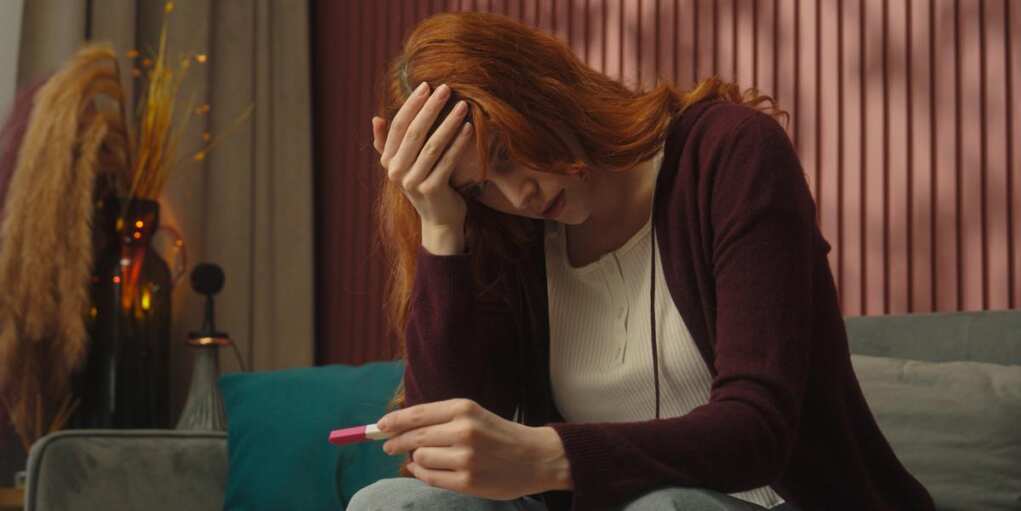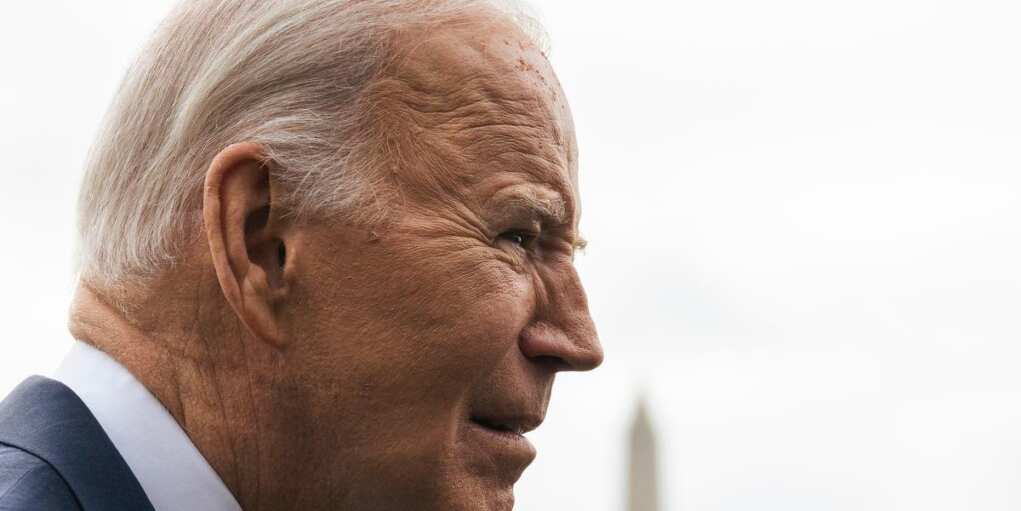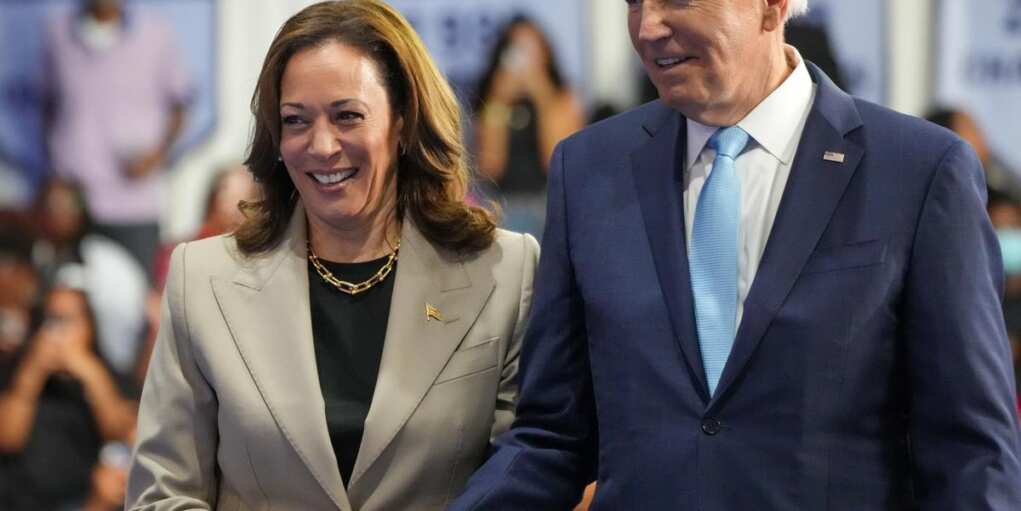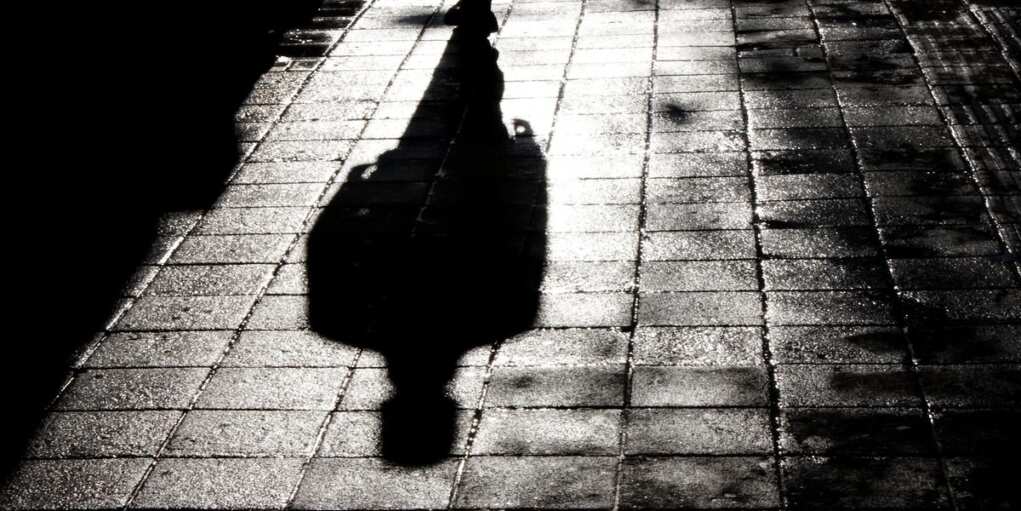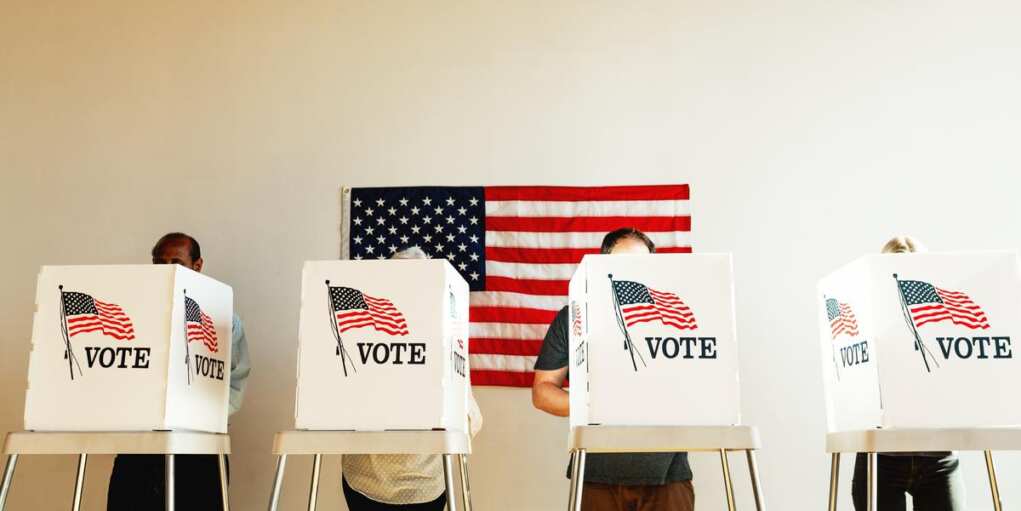Trump Boots ICE Bosses After Deportation Numbers Fall Short
Joey SussmanPresident Donald Trump has officially put Immigration and Customs Enforcement (ICE) on notice. Unhappy with what he considers a sluggish start to his signature mass deportation agenda, Trump is overhauling ICE’s top leadership — and the message couldn’t be clearer: move faster or move aside. ICE confirmed the changes Thursday, announcing the retirement of Acting […]
FBI Drops COVID Bombshell Amid New Variant Concerns
pedro7merinoFBI Deputy Director Dan Bongino made waves Wednesday evening when he revealed the bureau is actively investigating a possible cover-up surrounding the origin of COVID-19—just as a new strain begins to make headlines across the country. “As we read and process reports of a new COVID strain emerging, I want you to know that we […]
Illegal Migrant Threatens To Kill Trump—Instantly Regrets It
FOTOKITAImmigration authorities arrested a 54-year-old illegal migrant from Mexico who allegedly mailed a letter threatening to assassinate President Donald Trump. The man, identified as Ramon Morales-Reyes, was taken into custody on May 22, just one day after an ICE field intelligence officer received the handwritten threat. The contents of the letter were unambiguous. According to […]
Melania’s Office Drops the Hammer on Rumors About Barron
Evan El-AminA spokesperson for First Lady Melania Trump has officially debunked a swirling online rumor that President Trump’s crackdown on Harvard University was motivated by the school allegedly rejecting their son, Barron. In a statement to the Palm Beach Post, spokesperson Nicholas Clemens said flatly, “Barron did not apply to Harvard, and any assertion that he, […]
Report Reveals North Korea’s Scary Nuclear Ability
AlonesNorth Korea now has enough nuclear fuel to build up to 90 nuclear warheads, according to a chilling new report from the Congressional Research Service (CRS). That’s a massive leap from the estimated 20–60 warheads the rogue regime was capable of producing just last year — and it’s a sign that diplomacy and sanctions have […]
Democrats Are Spending $20 Million to Win Back One Key Voting Bloc
S_PhotoThe Democratic Party is quietly rolling out a $20 million plan aimed at clawing back support from young men—one of the fastest-departing groups from the left in recent elections. The plan, code-named SAM, short for “Speaking with American Men: A Strategic Plan,” reads more like a social science experiment than a political campaign. According to […]
Judge Shuts Down Biden’s Pro-Abortion Workplace Rule
MAYA LABA federal judge in Louisiana struck down a Biden-era Equal Employment Opportunity Commission (EEOC) rule that would have required businesses nationwide to accommodate employees seeking abortions. The rule, introduced under the Pregnant Workers Fairness Act (PWFA), was meant to mandate paid leave and workplace accommodations for abortion-related needs. But U.S. District Judge David Joseph—appointed by […]
Top Dem Charged With Serious Crimes—and the Left Is Melting Down
PeopleImages.com - Yuri AThe party that declared “no one is above the law” during their relentless crusade against President Trump is now in full-blown panic mode—because one of their own is being held accountable. Rep. LaMonica McIver (D-NJ) has officially been charged with assault and obstruction after allegedly attacking two federal officers during a chaotic confrontation at an […]
Why Biden’s Staff Never Sounded the Alarm Will Leave You Stunned
Jonah ElkowitzCNN anchor Jake Tapper is under fire after comments made during a recent podcast appearance where he admitted Biden’s aides had difficulty detecting his mental decline — because, in Tapper’s words, the former president “always” seemed cognitively weak. Speaking with Sam Harris on the “Making Sense” podcast, Tapper described a disturbing environment where Biden’s inner […]
“The Biggest Scandal in American History”
MicrogenHouse Oversight Chairman James Comer just raised the stakes in what he says could be “the biggest scandal in American history.” Speaking to Newsmax on Tuesday night, Comer doubled down on his investigation into former President Joe Biden’s secretive inner circle and their use of the infamous “autopen” to sign off on major decisions—including executive […]
Trump Calls Out “Treasonous Thugs” Who Controlled Biden
Andrew LeydenPresident Trump is calling for accountability — not just for the open-border catastrophe, but for those he says weaponized a mentally declining Joe Biden to carry out a four-year war on America. In a fiery post on Truth Social, Trump didn’t just blame Biden for the disaster he inherited in 2025. Instead, he made a […]
GOP Senator Moves to Shut Down Birthright Loophole
JoemanjiArts-ESOSSen. Marsha Blackburn is leading a new legislative charge to dismantle the multi-million dollar birth tourism industry—one of the most glaring loopholes in America’s immigration system. Backed by President Trump’s broader immigration agenda, Blackburn introduced the Ban Birth Tourism Act on Tuesday, targeting foreign nationals who enter the U.S. with the intent to give birth […]
Sanctuary States Under Fire After ICE Arrests Violent Illegals
Jim ValleeThe Trump administration is turning up the heat on sanctuary jurisdictions after Immigration and Customs Enforcement (ICE) arrested several violent illegal aliens across cities and states that refuse to cooperate with federal immigration law. In a blistering statement released Monday, Department of Homeland Security Assistant Secretary Tricia McLaughlin accused sanctuary leaders of “playing Russian roulette […]
Brennan’s Defense of Trump Assassination Post Sparks Outrage
Alex LinchFormer CIA Director John Brennan is under fire after delivering a stunningly weak defense of former FBI Director James Comey, whose cryptic “86 47” beach photo post set off a political firestorm. Comey’s now-deleted post, which featured seashells arranged to form the message “86 47,” was widely interpreted as a veiled threat to “get rid […]
Democrat Voters Turn on Party Leadership
Rawpixel.comThe Democratic Party is facing a full-blown identity crisis, with even its own voters calling it “inept,” “useless,” and incapable of connecting with average Americans. In a revealing New York Times opinion piece, Democratic voters from across the country took direct aim at their party’s leadership, its strategy, and its failure to adapt in the […]







